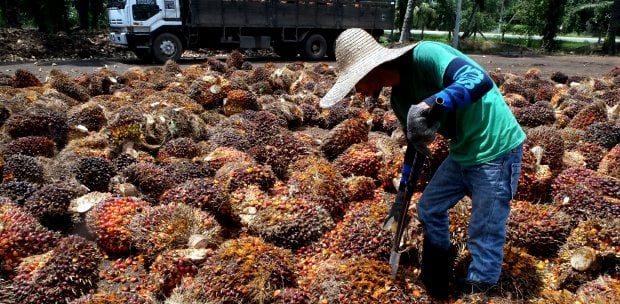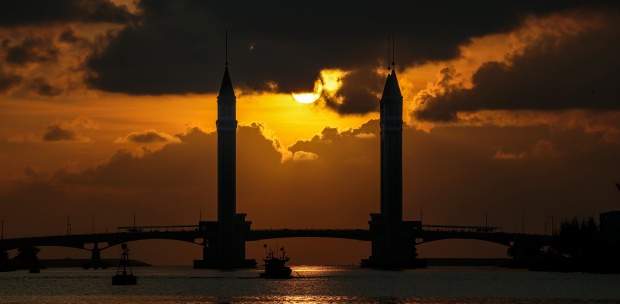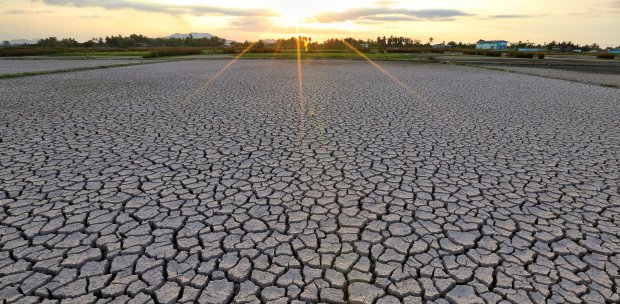THE latest report by the Intergovernmental Panel on Climate Change (IPCC) is perhaps the most damning yet with United Nations Secretary-General Antonio Guterres calling the message a "code red for humanity".
It warns of increasingly extreme heatwaves, droughts and flooding, and foresees a key limit (average global temperatures 1.5° Celsius higher than pre-industrial times) being broken in just over a decade.
It is the first major review of climate change science since 2013, released less than three months before a key climate summit in Glasgow known as COP26.
Professor Ed Hawkins of the United Kingdom's University of Reading, a report author, said: "It is unequivocal and indisputable that humans are warming the planet."
The authors say that since 1970, global surface temperatures have risen faster than in any other 50-year period over the past 2,000 years. This warming is "already affecting many weather and climate extremes in every region across the globe".
Whether they're heatwaves, recently experienced in Greece and western North America, or floods in Germany and China, "their attribution to human influence has strengthened" over the past decade.
One key aspect of the report is the expected rate of temperature rise and what it means for the safety of humanity. Almost every nation on Earth signed up to the goals of the Paris climate agreement in 2015.
It aims to keep the rise in global temperatures well below 2°C this century and to pursue efforts to keep it under 1.5°C.
The report says, under all the emissions scenarios considered by the scientists, both targets will be broken this century unless huge cuts in carbon take place.
While this report is more confident about the downsides to warming, scientists are more hopeful that if we can cut global emissions in half by 2030 and reach net zero by the middle of this century, we can possibly reverse the rise in temperatures.
Reaching net zero involves using clean technology to reduce greenhouse gas emissions as much as possible, then burying any remaining releaseusing carbon capture and storage or absorbing them by planting trees.
Professor Fredolin Tangang, a fellow of the Academy of Sciences Malaysia (ASM) and a leading scientist involved in the preparation of the IPCC report, warned that Malaysia and other Southeast Asian countries would be impacted more by more droughts, floods and other weather extremes if the world fails to make deep cuts to CO2 emissions and warming continues beyond the 1.5°C and 2°C targets.
Fredolin, a former vice-chair of IPCC Working Group I, warns that Malaysia must give equal emphasis to climate change mitigation and adaptation measures and establish our National Adaptation Plan.
ASM fellow Professor Joy Jacqueline Pereira, now vice-chair of the IPCC's Working Group 2 on Impacts, Adaptation and Vulnerability, calls the extreme weather events being witnessed widely worldwide represent "the new norm".
"Even the most optimistic scenario of the IPCC WGI Report indicates that we will fail to limit global warming to 1.5°C. We could exceed 1.5°C as early as in the next 20 years of our lifetime.
"However, there is still hope to make that breach temporary through drastic actions that compel additional and more ambitious emission reduction."
Joy said Malaysia faced two challenges: "We need to adapt to a 1.5°C world to secure lives and livelihoods from extreme weather events and other negative impacts unique to the tropics.
"We also need to secure our nation's capacity to generate future income and avoid stranded assets in the coal, oil and gas sectors.
"Malaysia has recently updated the Nationally Determined Contributions to unconditionally reduce the intensity of greenhouse gas (GHG) emissions by 45 per cent based on gross domestic product by 2030.
"While this amount is insignificant in the global context, it does give the country a moral ground to demand for deeper cuts from all high GHG-emitting countries, to avoid the worst impacts of a 1.5°C or warmer world.
"Unlike Covid-19, there is no vaccine for climate change," Joy observed.
The writer is a senior fellow of the Academy of Sciences Malaysia and former science adviser to the prime minister






